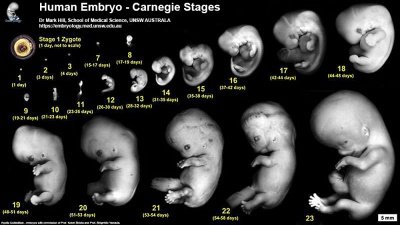czgibson
Account Disabled
- Messages
- 3,234
- Reaction score
- 481
- Gender
- Male
- Religion
- Atheism
Greetings,
What is the purpose of this banality?
As you can see from this definition, the word 'perfect' carries within it the concept of completeness, which is a condition the Qur'an clearly cannot satisfy, given the amount of supplementary literature it requires.
Peace
perfect= of its kind and without defect or blemish (which the Quran is and more)!
What is the purpose of this banality?
As you can see from this definition, the word 'perfect' carries within it the concept of completeness, which is a condition the Qur'an clearly cannot satisfy, given the amount of supplementary literature it requires.
Peace



